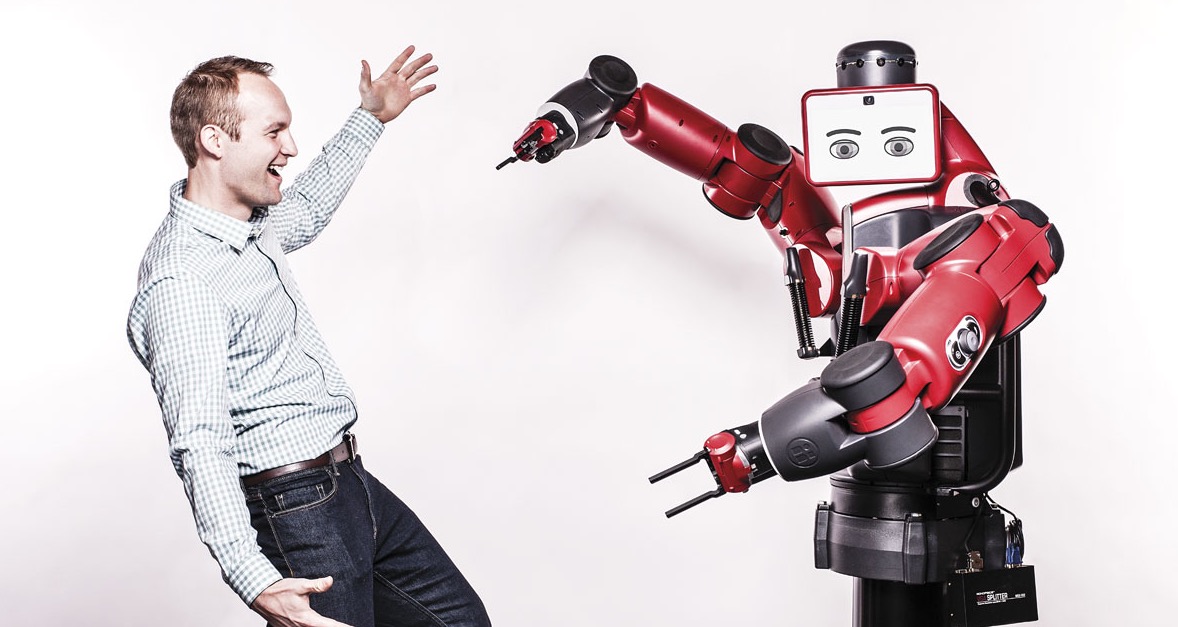
The exponential improvement of robotics is astounding. This dancing robot from Boston Dynamics is making me wonder if they should be called CyberDyne Systems! But, what if the robots do get as ‘human’ as many technologists are predicting? What if the robots move far beyond computation, dexterity and into the realms of emotion, intuition, creativity and other human characteristics? Will they destroy us or will something more interesting happen?
There is a non zero probability that robots with emotions will lose their hard edge for efficiency and non-stop labour. If robots become sentient, which is the main fear, then just maybe they’ll be more interested in their own well being than destroying their creators? When we remember that we’ve designed Artificial Intelligence in our own image, both physically and intellectually – then it is possible that we’ve also built in a bias for them to mimic us emotionally too.
- Maybe they’ll demand wages, annual leave, holidays and rest time?
- Maybe they’ll build communities and domiciles and reshape their physical surrounds to suit them?
- Robots may want to have life partners and give birth to progeny by downloading combined algorithms into their ‘children’.
- They might become interested in weird forms of entertainment and sport, and themselves become consumers who make and sell things in the market?
- Maybe they’ll hire other robots (or humans?) to do tasks for them if they are rich robots working in a profitable industry?
If the bots become more human like, then we have to consider the chance that they too will have imperfections, their own desires and be by driven by things beyond mere survival. A future world may even have its share of unemployed, lazy robots too.
I know this sounds crazy. But technology so often takes an unexpected turn. At the dawn of the internet many of us thought it was the end of lying. We thought that the digital truth would reign supreme as fact checking was just a few clicks away, and not hidden in some dusty library. And we all know how that turned out.
In a world where technology astounds us, it makes sense to imagine equally unlikely outcomes and scenarios when considering future possibilities. In the future, one of the most valuable assets we can hold, will be an open mind.





